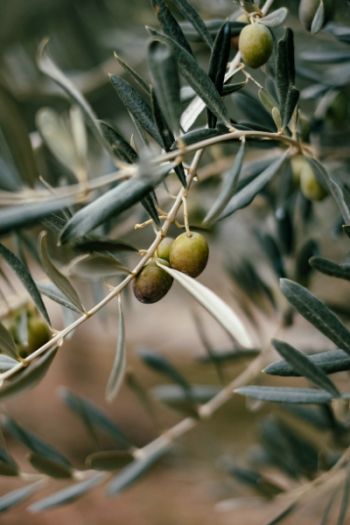
We support Palestinian farmers in marketing their delicious olive oil. For many of them, olive oil is their most important source of income. Olive trees have been growing in Palestine for more than 6000 years. And even today, the indigenous RUMI olive is still grown and cultivated organically by Palestinian farmers. The RUMI olive dates back to the time of the Roman Empire and produces an expressive oil with a strong aroma.
"Canaan Fair Trade" in Janin now guarantees 2500 farming families an income and supports the farmers throughout the entire production process: organic cultivation of the olive groves, central processing of the olives, bottling and marketing of the RUMI olive oil from Palestine. In this way, farmers caught in the middle of the conflict can reconnect with the outside world and share the hospitality and richness of Palestinian culture.
Harvesting olives using the safe-bird method
At Ölmühle Solling, we assure you that all the olive oils we offer in our range are made from olives harvested using the Safe Bird method.
Why does a certain harvesting method pose a risk to songbirds? Farmers in the Mediterranean region start harvesting their olives in October. In intensive cultivation on large plantations, olives are sometimes harvested with certain harvesting machines in order to save costs for harvesting assistants. The olives are shaken from the trees at night and are not collected by hand with nets, but are sucked in with large machines. By harvesting at night, the farmers also hope to improve the shelf life of the olives. This is because olives that are harvested during the day are heated by the sunlight and have to be processed more quickly after harvesting. However, the problem is that the night-time harvest takes place in the dark. At this time, numerous songbirds are resting in the trees. Due to the loud noises made by the harvesting machines in the dark, most of the birds remain disoriented in the trees in search of shelter. This leads to the birds being sucked in and killed. This would be different if the machines were used during the day, as the birds are not disoriented in daylight and can leave the trees. Fortunately, this harvesting method is being used less and less, as large international olive oil companies are being petitioned to ban the harvesting method that relies on sucking olives out of the trees at night.
We assure you that the olives for our olive oils are only harvested during the day without the use of suction cups and with absolute respect for the animals and the environment.
The trade of RUMI olive oil is subject to Fairtrade regulations, controlled by "Naturland - Fair". RUMI olive oil comes from controlled organic cultivation. Olive oil is obtained from the pulp of the olives by cold pressing. Olive oil is slowly absorbed by the skin and is a very good massage oil when used pure or in combination with herbal extracts. Its distinctive odor can overpower the scent of essential oils.
We would like to thank Vivien Tharunfor the article in the Neue Westfälische of 20.09.2017:
"Olive oil from the West Bank
The Boffzen-based family business has welcomed two business guests from the Palestinian region. The two women represent the production and distribution of fair trade food products
Boffzen. A 500-milliliter bottle of olive oil would be empty in no time: "Palestinian families need such quantities that they buy it in canisters," says Fida Abdallah. She is the head accountant at Canaan Fair Trade. Together with couscous producer Ibtissam Musa, Abdallah has come to the Solling oil mill in Boffzen. They deepen their business and friendship contacts at the oil mill.
Abdallah and Musa come from the Palestinian region of the West Bank, where the company Canaan Fair Trade supports local organic farmers and gives women like Ibtissam Musa microloans to help them become self-employed. Fair Trade guarantees farmers a minimum price for their goods, regardless of whether market prices are currently much lower or not. Musa has been producing maftoul (Palestinian couscous) and wheat for Canaan for almost ten years now. Thanks to a microloan, she was able to set up a store for her husband, and through fair trade she also has enough money to pay for her children's education. Of her six daughters and two sons, four have been able to go to university and the two youngest are still at school. "I now feel stronger myself and well-positioned in society," says Musa. She has a leading position in her village of Dayr Ballout.
The contact between the wholesaler Canaan and Ölmühle Solling came about through the Nuremberg Biofach trade fair. Organic food producers from all over the world exhibit there every year. "My parents got to know Canaan products there seven years ago," says Sebastian Baensch, Managing Director of Ölmühle Solling. The mill owners Gudrun and Werner Baensch were impressed by the high-quality products and the social commitment behind them and started a cooperation with Canaan, with the mill distributing the fair olive oil.
Canaan works with the Palestinian Fair Trade Association (PFTA) and several farmers' cooperatives. "The farmers' representatives are members of our board. This allows us to discuss marketing and demand directly with them. They tell us what their communities need and share their agricultural knowledge with us and other members," says Abdallah. The farmers can also apply for scholarships for their children through Canaan so that they can receive an education. Because Musa has benefited so much from this system herself, she has now brought 21 other women into the fair trade network. Now these women are also food producers. "Being self-employed has turned my life around 180 degrees," says Musa.
Growing olives and other food crops is only worthwhile again thanks to fair trade: "Ten years ago, a kilo of olive oil only cost nine shekels. That's about two euros. That didn't cover the production costs," says Abdallah. Now the price is 27 shekels, or around six euros. In addition to olive oil, Canaan also sells almonds, spices, herbal mixtures and maftoul. The fairly traded goods are exported to Asian countries, the USA and Europe. In Germany, in addition to Ölmühle Solling, the organic association Naturland and the dwp fair trade cooperative also cooperate with Canaan Fair Trade."
Neue Westfälische, 2017.









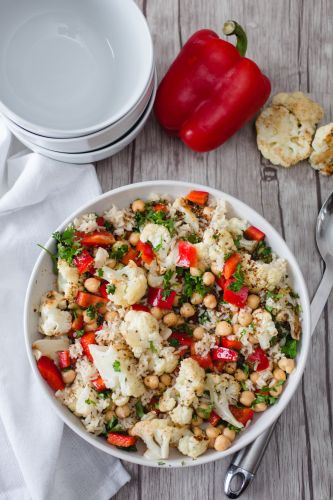
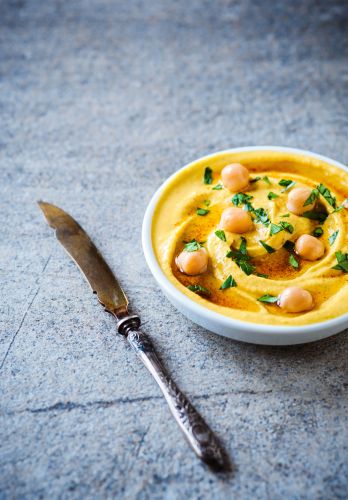
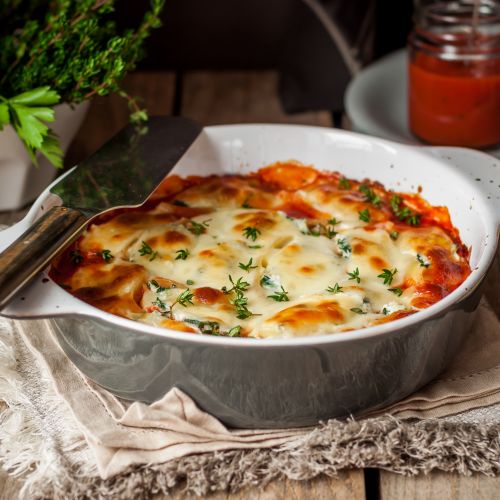
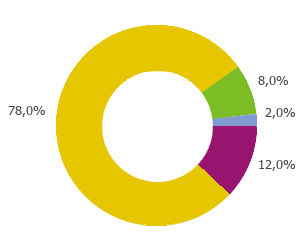
 Olive oil/Italy
Olive oil/Italy Olive oil/Spain
Olive oil/Spain Olive oil/Italy
Olive oil/Italy![Olive oil/greece [organic] vita verde](images/products/260px/Olivenoel_Griechenland_Koroneiki_nativ_extra_1.png) Olive oil/greece [organic] vita verde
Olive oil/greece [organic] vita verde